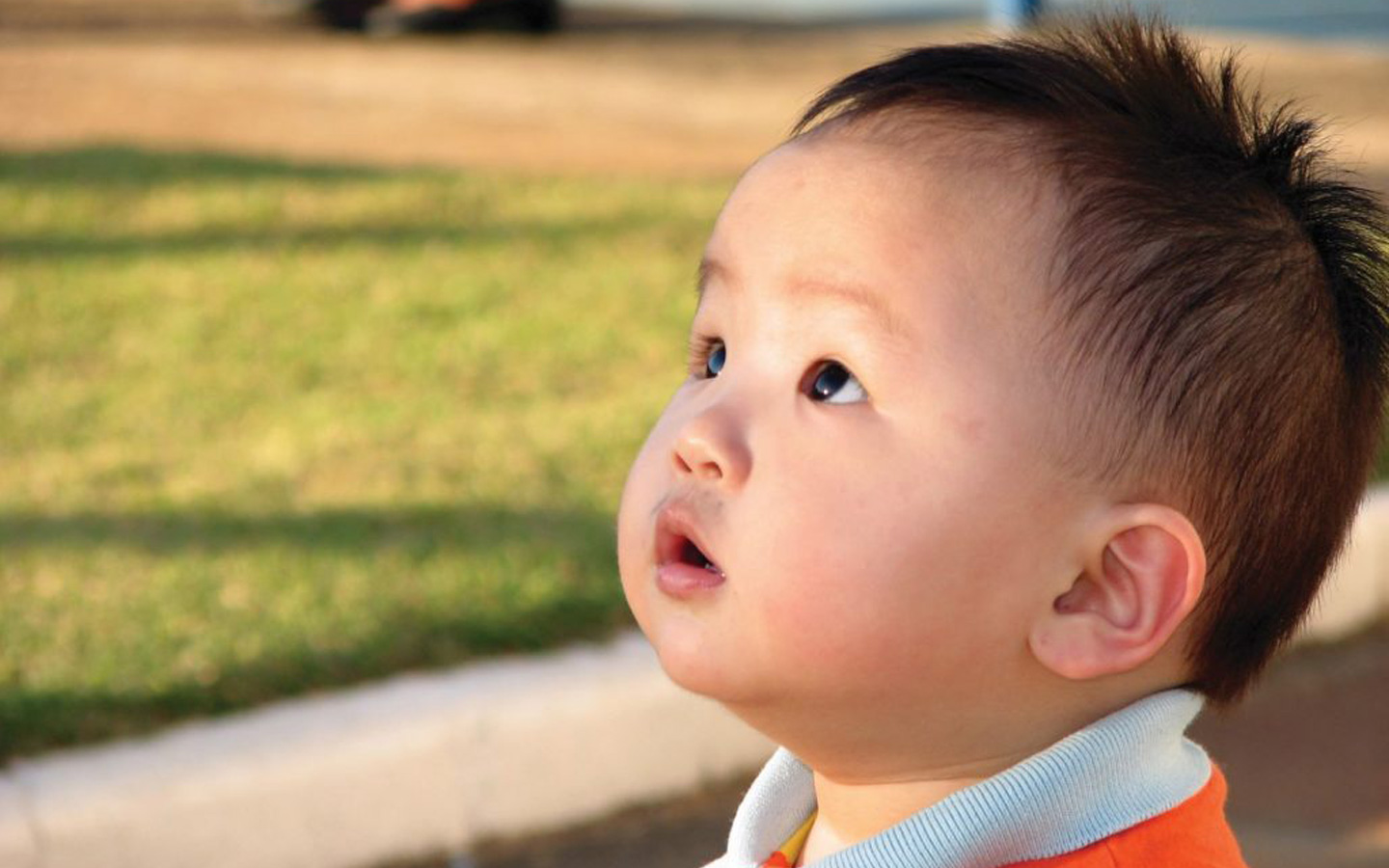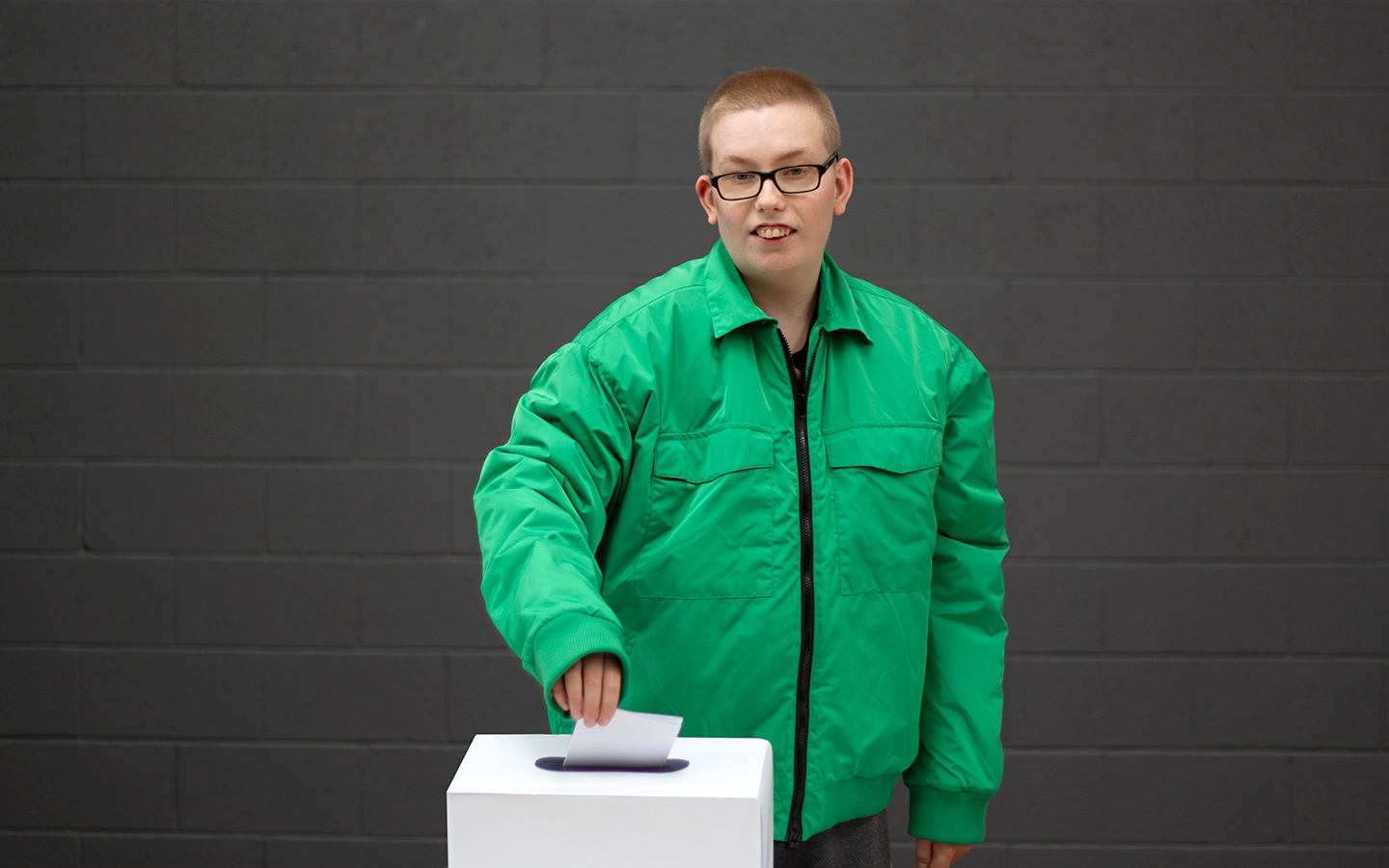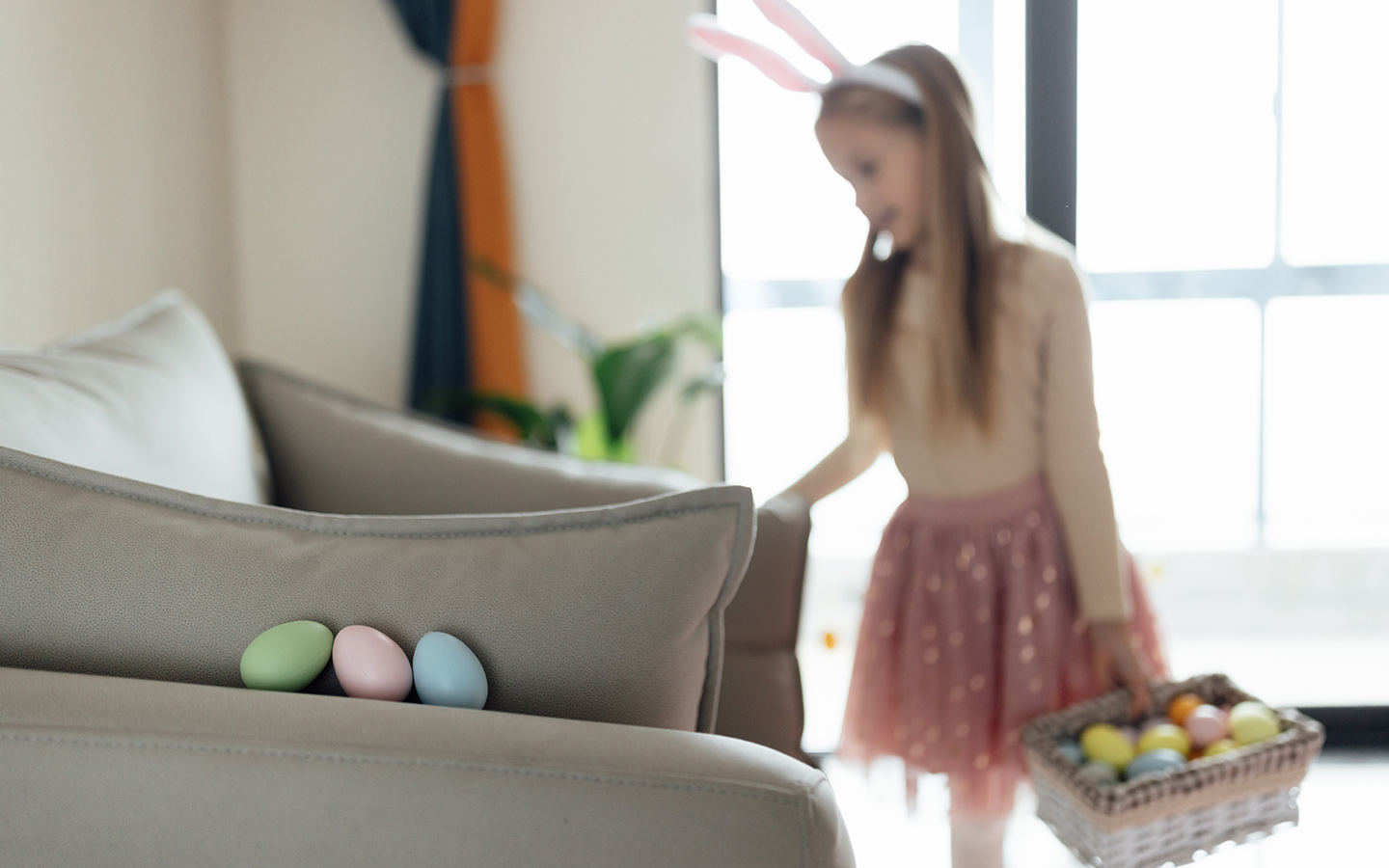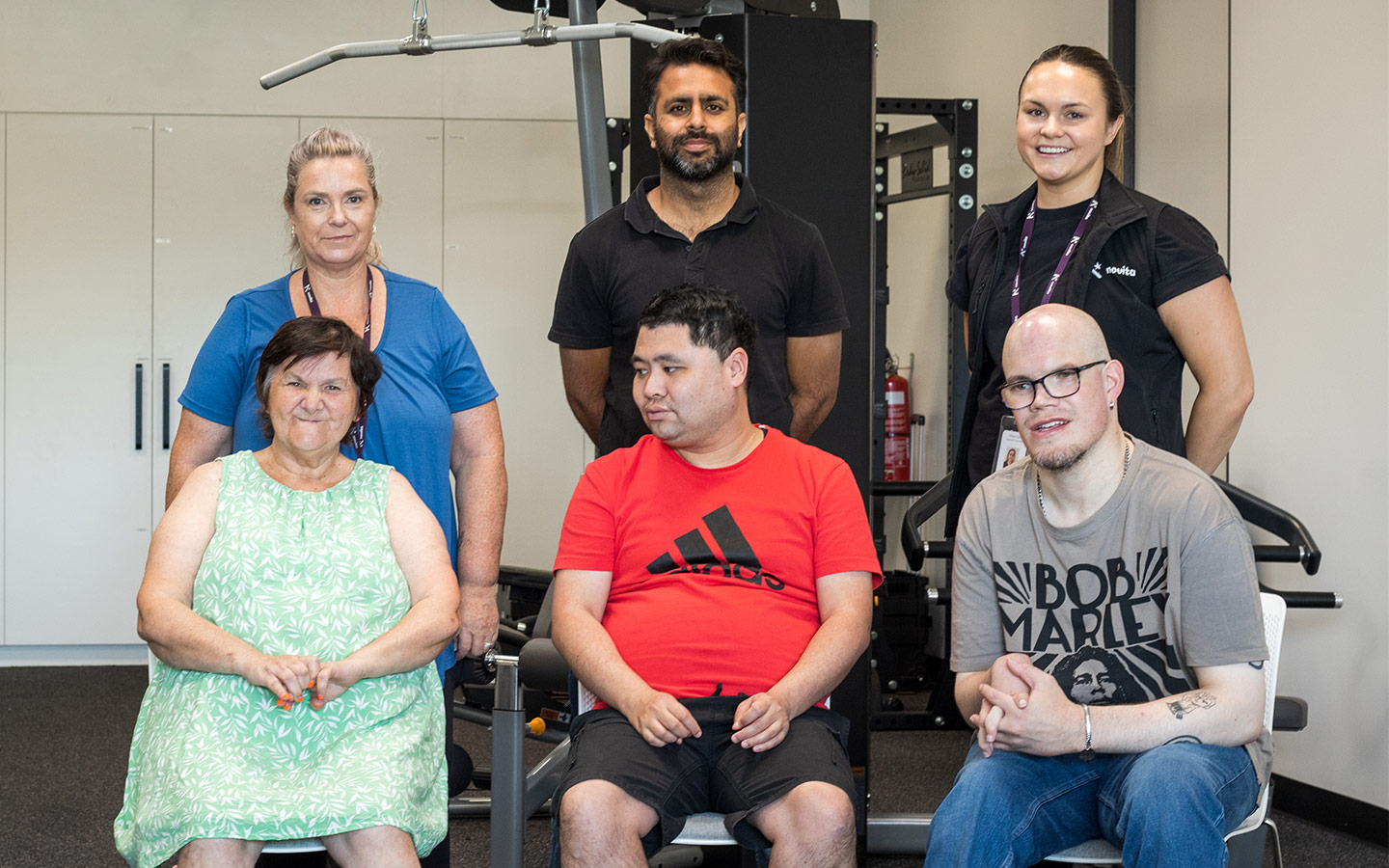Helpful Information
Help trial a new technique for improving hand movement for kids living with cerebral palsy
access_time3min read

We would love you to participate in some world leading research into preventing hand muscle shortening in young kids living with cerebral palsy.
Shortening of hand muscles is a very common side effect of muscle spasticity and can lead to difficulties with general hand movements, control and activities like writing and tying shoe laces. We want your help to find out if we can prevent and/or reduce these side effects.
The world-leading trial is about to begin in South Australia, with Novita therapists, researchers and families playing a key role.
The national iWHOTrial – led by the Australian Catholic University – is evaluating the effectiveness of using a splint to immobilise the wrist while kids sleep at night. The aim is to retain hand muscle length in kids living with cerebral palsy under the age of three.
The trial has been underway in New South Wales, Victoria and Western Australia since 2015, with Novita therapists and researchers recently attending a training session ahead of the formal start of the trial in South Australia – which is thanks to a recent generous philanthropic grant from Equity Trustees and the Percy and Ruby Haddy Foundation.
The trial’s Principal Investigator, Professor Christine Imms of the Australian Catholic University, said she hoped between 15 and 20 South Australian children and their families would become involved in the trial.
“We are very interested in whether we can help prevent the shortening of the muscles in a young child’s hand,” said Professor Imms.
“The trial involves putting a thermoplastic splint on the child’s wrist to hold it in a good position when they sleep, so it doesn’t interfere with play or anything they do during the day.”
“The muscles and soft tissue in the wrist and hands will then be held in a good position as they sleep, with the goal of preventing the child from losing range and the muscles becoming stiff and contracted. Kids stay in the study for three years.
“Right now we only have a small number of children who have completed the trial, so there are no answers just yet. Increasing the scope of the trial to South Australia and Queensland is aimed at increasing the number of kids and families in the study,” said Professor Imms.
Simon Garbellini, Senior Occupational Therapist from the Perth Children’s Hospital and trial collaborator, joined Professor Imms in Adelaide for the training session with Novita therapists and researchers.
“The session was an opportunity to visit Novita and meet the team, as well as conducting practical training for the Novita therapists who will support the trial by assessing the kids and gathering data,” he said.
“It was an excellent day. The team had organised a number of Novita kids and their families to come in to help us practice, so that the therapists could see and experience exactly what it will be like for a kid living with cerebral palsy to be involved in the trial.”
Professor Imms said there was international interest in the results of the trial.
“I think this study will be the biggest study of this particular intervention ever done in cerebral palsy, and there is definitely interest in what the outcome will be,” said Professor Imms.
A range of Australian organisations and institutions are supporting the national trial, including the Perth Children’s Hospital, Monash Children’s Hospital, Royal Children’s Hospital Melbourne, Cerebral Palsy Alliance, Deakin University, Murdoch Children’s Research Institute, Curtin University, CPL Queensland, and Novita.
The trial has received funding from an Australian Catholic University Research Grant, and the NHMRC Funded Centre for Research Excellence in Cerebral Palsy, as well as Equity Trustees and the Percy and Ruby Haddy Foundation.
If you would like to find out more about the study, or to register your interest in participating, please contact Novita’s Customer Experience Team on 1300 668 482.


